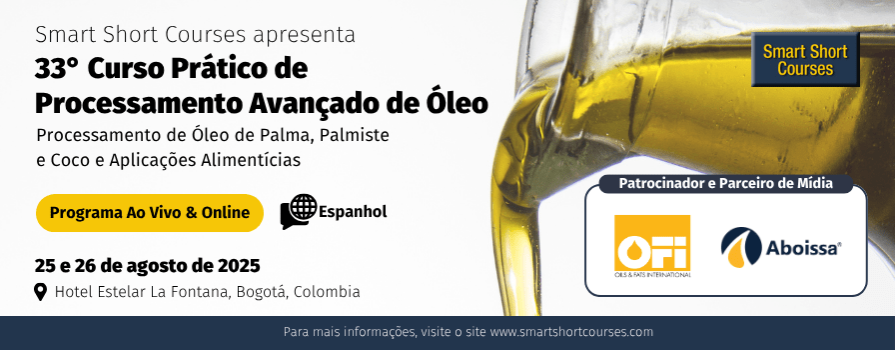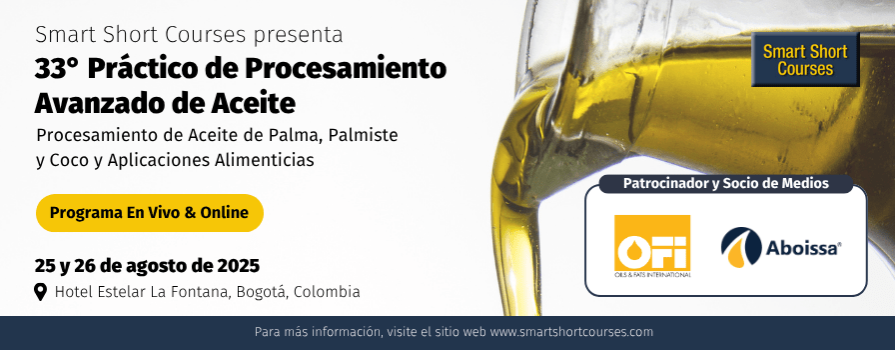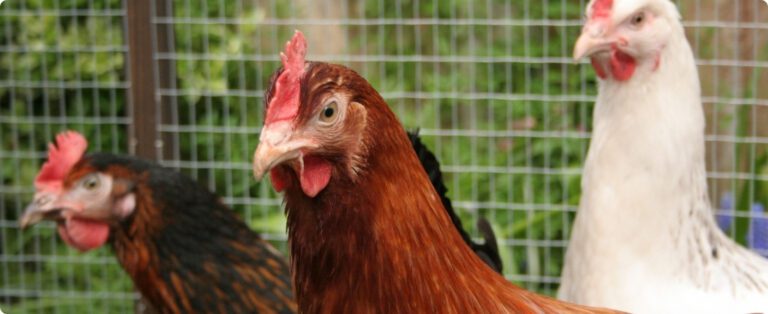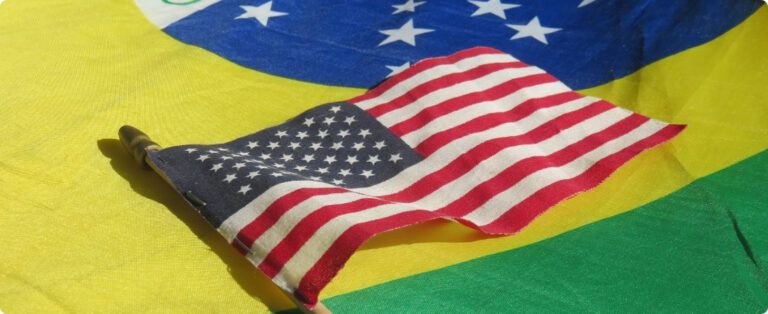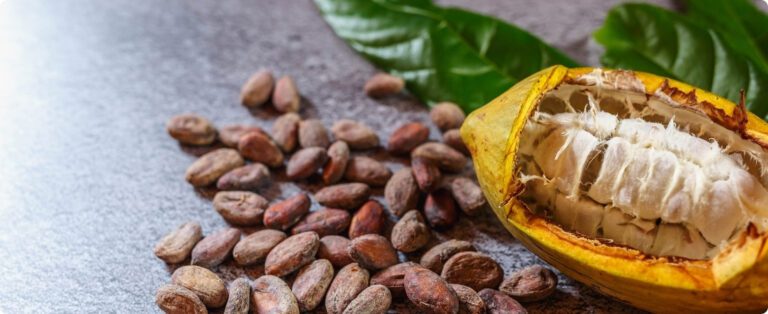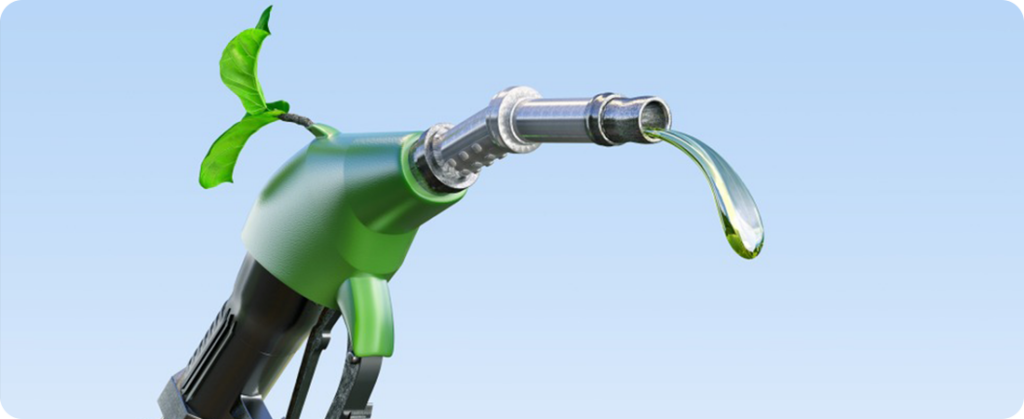
Aboissa continues to be present in the most relevant debates about the future of biofuels.
In issue no. 54 of the magazine Oils & Fats, our specialist from the Oleochemical Products unit, Bruno Noronha, addressed a central theme for the sustainability and competitiveness of the sector: the risks of fraud in the Used Cooking Oil (UCO) and the advancement of residual fatty acids as a reliable and sustainable alternative.
UCO Fraud and the Rise of Fatty Acids
UCO has established itself as one of the most sought-after raw materials for the production of advanced biofuels, especially in Europe, where it benefits from incentives such as double counting for renewable energy targets. However, this prominence has brought to light a serious challenge: the occurrence of structured fraud in the supply chain.
Investigations in countries including Germany, the UK, Ireland and the US have revealed schemes to sell virgin palm oil disguised as UCO, compromising the environmental integrity and traceability of the sector. As a result, it is estimated that up to a third of UCO imported into Europe may be fraudulent.
However, in Brazil, despite the high consumption of cooking oil — around 3 billion liters per year — less than 5% is recycled. Currently, the national production of treated and traceable UCO is around 15 thousand tons per month. This reveals, therefore, an enormous potential that is still little explored. Among the main obstacles are the informality of the chain, the low collection outside of large urban centers and the lack of investment in infrastructure.
In contrast, fatty acids emerge as a safe and traceable alternative, with internationally recognized certifications, offering regulatory and environmental security to international buyers.
Check out the full article in the April/May/June issue, pages 28 to 31.
Click here to access.





